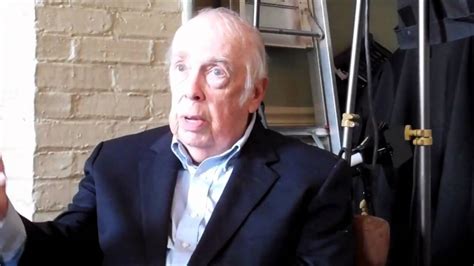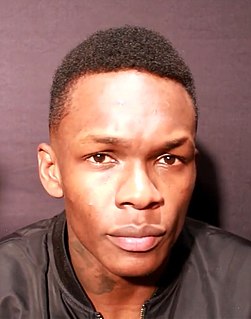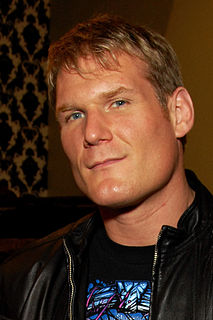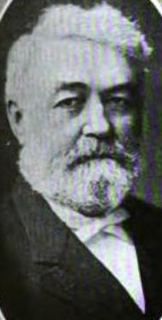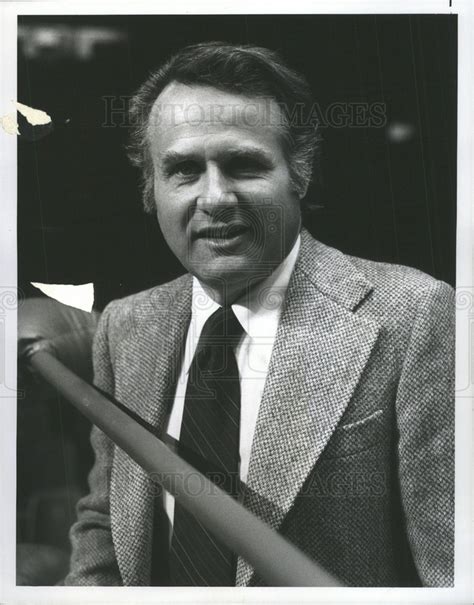A Quote by Philip Roth
It's amazing how much punishment we can take.
Related Quotes
There's a lot of music nowadays with people singing about how amazing their clothes are and how incredible their shoes are and how much jewelry they might be wearing or how much jewelry they want, how much money they have and the club that they're in and the alcohol that they're drinking. I think that's showing off. I don't think it's necessarily all that honest or all that interesting.
I have an argument that to master any field, it's simple: it's a function of time. How much you devote yourself to the process, how much experience you get, how much you're willing to expand your limits, how willing you are to develop your own style. If you're willing to put 10,000 hours, something amazing is going to happen.
We think of justice sometimes as getting what you deserve, you know? - ?what crime was committed and what is the punishment for that crime. That's how a lot of the criminal justice works. But God's justice is restorative, so it's not as interested in those same questions of "What did they do wrong?" and "What is the punishment for that?" It's more about what harm was done and how do we heal that harm, and that's a much more redemptive version. So, it definitely doesn't turn a blind eye to harm, but it does say we want to heal the wounds of that.
No matter what his crimes were, Alton Sterling did not deserve to be executed for them. Look, guys, the punishment for resisting arrest shouldn't be death. The punishment for selling bootleg CDs shouldn't be death. The punishment for having a gun in an open-carry state shouldn't be death. The punishment for being a black man shouldn't be death.

